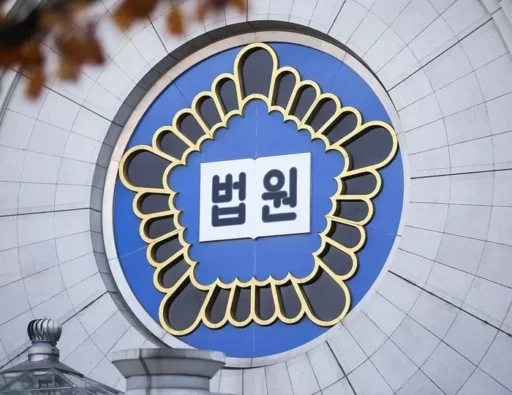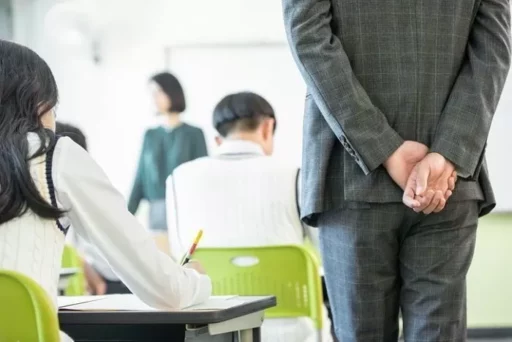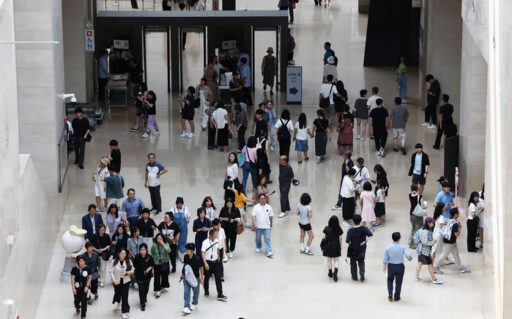Controversy Over the Use of Personal Information by College Scholastic Ability Test Supervisors: What is the Legal Judgment?
A teacher who sent a message stating "I like you" to a student using their contact information acquired during the supervision of the College Scholastic Ability Test was ultimately found not guilty.
The Seoul Central District Court's Criminal Division 1-1 (presided by Judge Jin Hyun-ji) confirmed on the 8th that it upheld the previous ruling of not guilty in the retrial of a public school teacher, referred to as A, who was indicted on charges of violating the Personal Information Protection Act.

The incident dates back to November 15, 2018.
Teacher A was assigned as a supervisor for the College Scholastic Ability Test (CSAT) at a high school in Gangdong-gu, Seoul, responsible for verifying student identities.
In this process, A matched documents containing names, resident registration numbers, and contact information with the students' exam tickets, during which A came into contact with student B's personal information.
The issue arose when A sent a message to B ten days after the exam, stating, "Actually, I like you." This act led A to face legal proceedings for violating the Personal Information Protection Act.
The core issue in this case pertains to whether A was someone who 'received' personal information from the Seoul Office of Education or merely someone who 'processed' it.
Under the previously applicable Personal Information Protection Act, only those who "received" personal information and used it for purposes other than intended are subject to punishment.
The first-instance court pointed out that A's actions were inappropriate, but concluded that, as a supervisor, A merely processed and handled the personal information under the directive of the education office and thus was acquitted.
However, the second-instance court ruled that "A received personal information from the education office for supervising the exam and used it for private purposes," sentencing A to four months in prison with a one-year suspension.
In response, the Supreme Court stated, "A is merely someone who handled personal information under the direction of the education office, and it is difficult to view A as one who received the information," overturning the second-instance ruling and sending the case back to the Seoul Central District Court.

The retrial court also accepted the Supreme Court's judgment and acquitted A. Neither the prosecution nor A filed an appeal, making this ruling final.
Image source: Photo = Insight, provided as a reference for better understanding of the article / gettyimagesbank

![[Breaking News] Jeong Cheong-rae elected as new leader of the Democratic Party… First ruling party head under Lee Jae-myung’s government](https://wordkorean.com/wp-content/uploads/2025/08/thumbnail-25.jpg)
